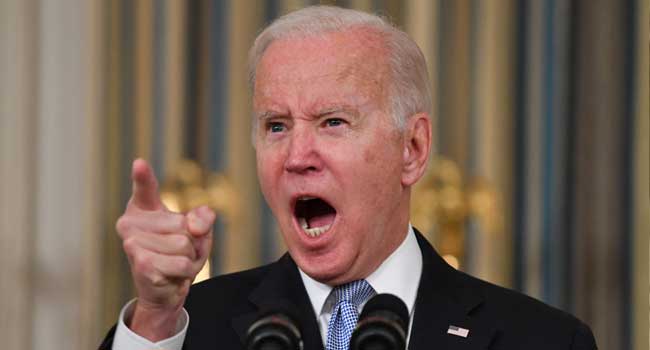Editorial Cartoonists Ted Rall (from the Left) and Scott Stantis (from the Right) discuss the latest startling development in the ongoing demise of American editorial cartooning. With the recent firing of not one but three Pulitzer Prize-winning editorial cartoonists, Ted and Scott mourn the job loss of their fellow journalists and those who preceded them. Was the demise of editorial cartooning as a profession the planned end-game all along by antagonistic editors?
The New York Times reports that there have been more and more sightings of Nazi symbols being worn by Ukrainian troops. Ted has said for years that neo-fascism runs deep in Ukraine. Russian President Putin has framed the Ukraine War as partly motivated by a desired “De-Nazification of Ukraine.” Does he have a point? Ted and Scott debate discuss what the Times describes as mere bad optics.
Inflation is down to its lowest level in years. If it is the economy, stupid, why are President Biden’s approval numbers still so low? And does this open the door for Green Party candidate Dr. Cornel West? Or other third-party candidates?
Watch the Video Version of the DMZ America Podcast:
DMZ America Podcast Ep 108 Sec 1: Three Pulitzer-Winning Editorial Cartoonists Canned the Same Day
DMZ America Podcast Ep 108 Sec 2: Nazis Symbols Worn by Ukrainian Troops
DMZ America Podcast Ep 108 Sec 3: Can Biden Capitalize on Lower Inflation?

